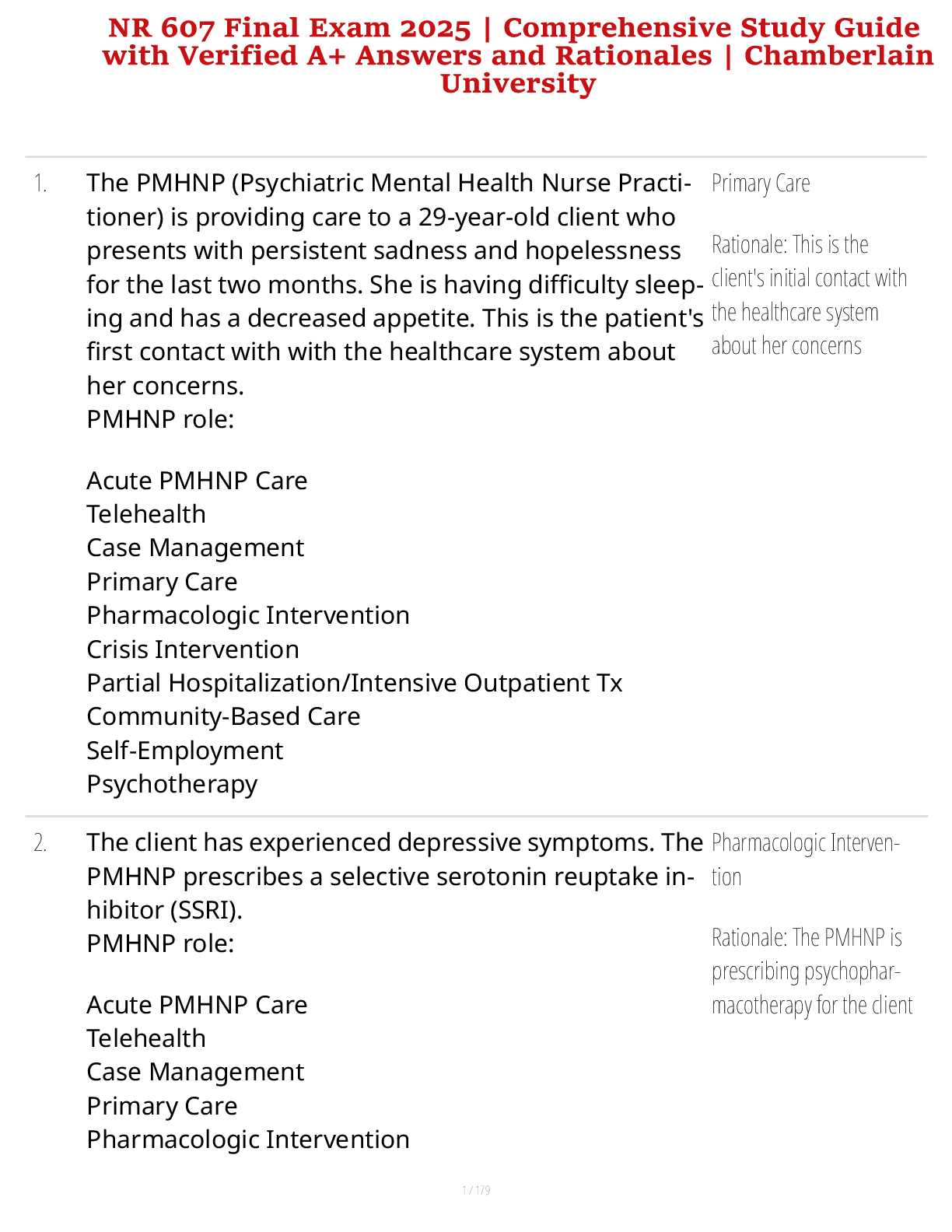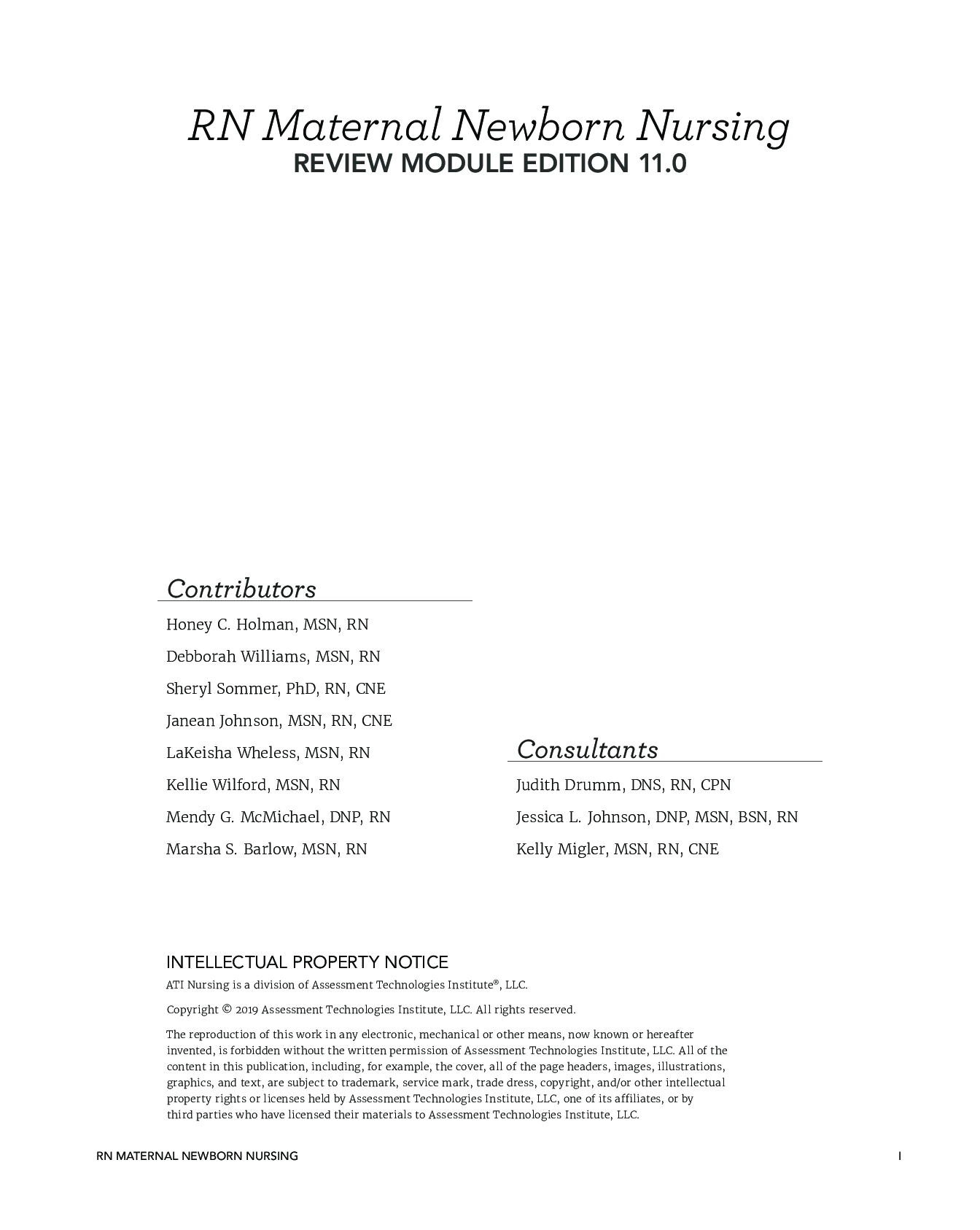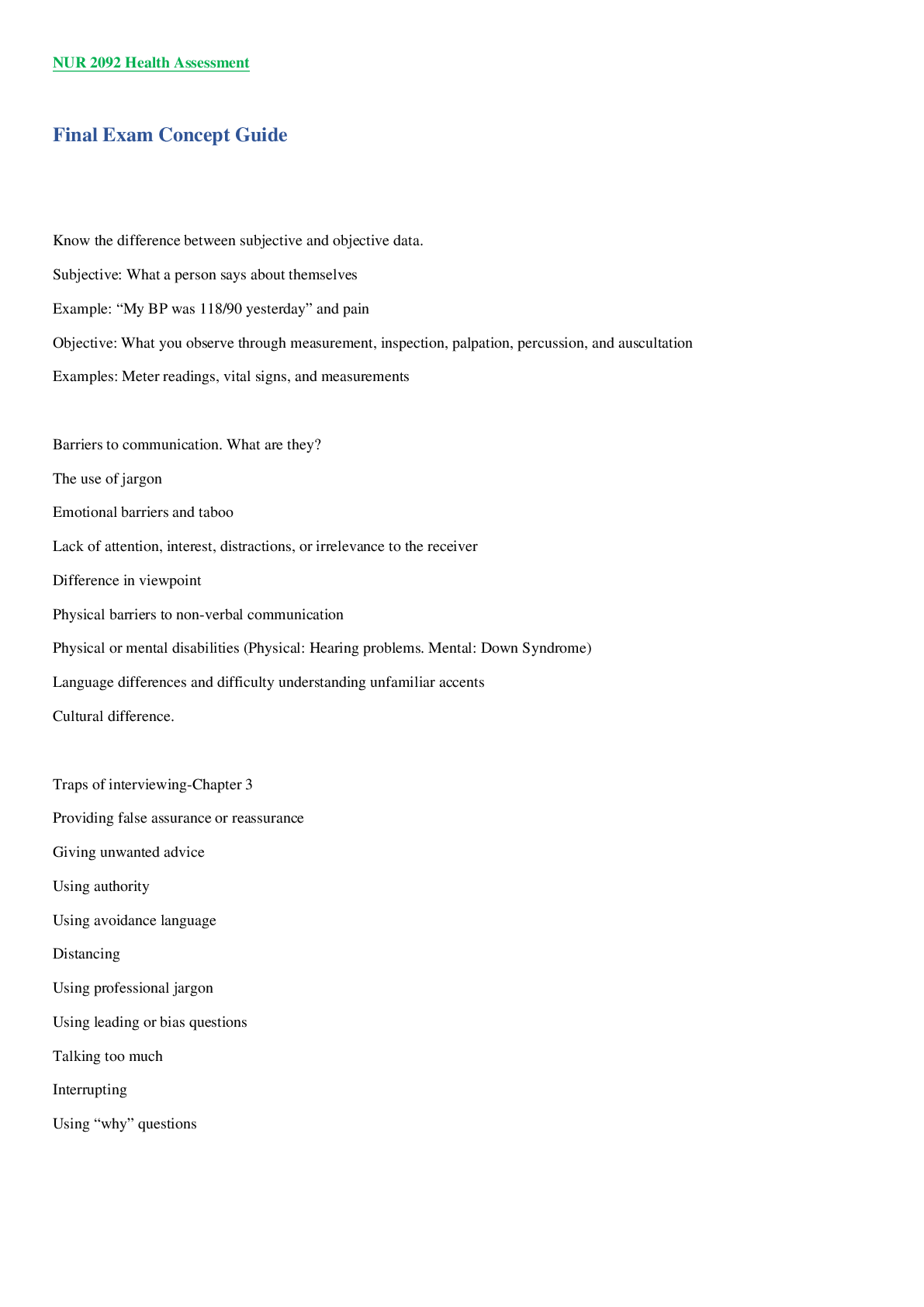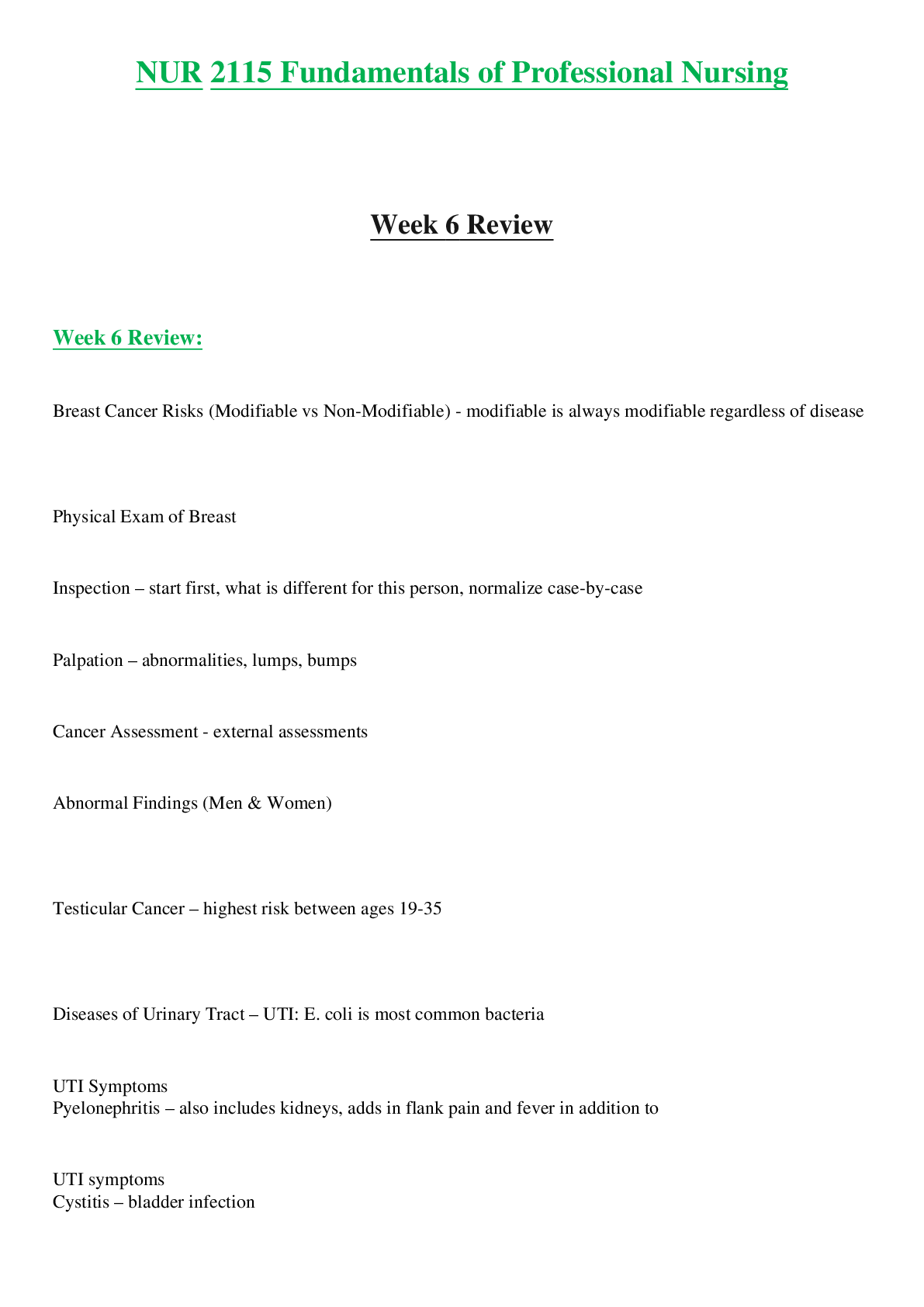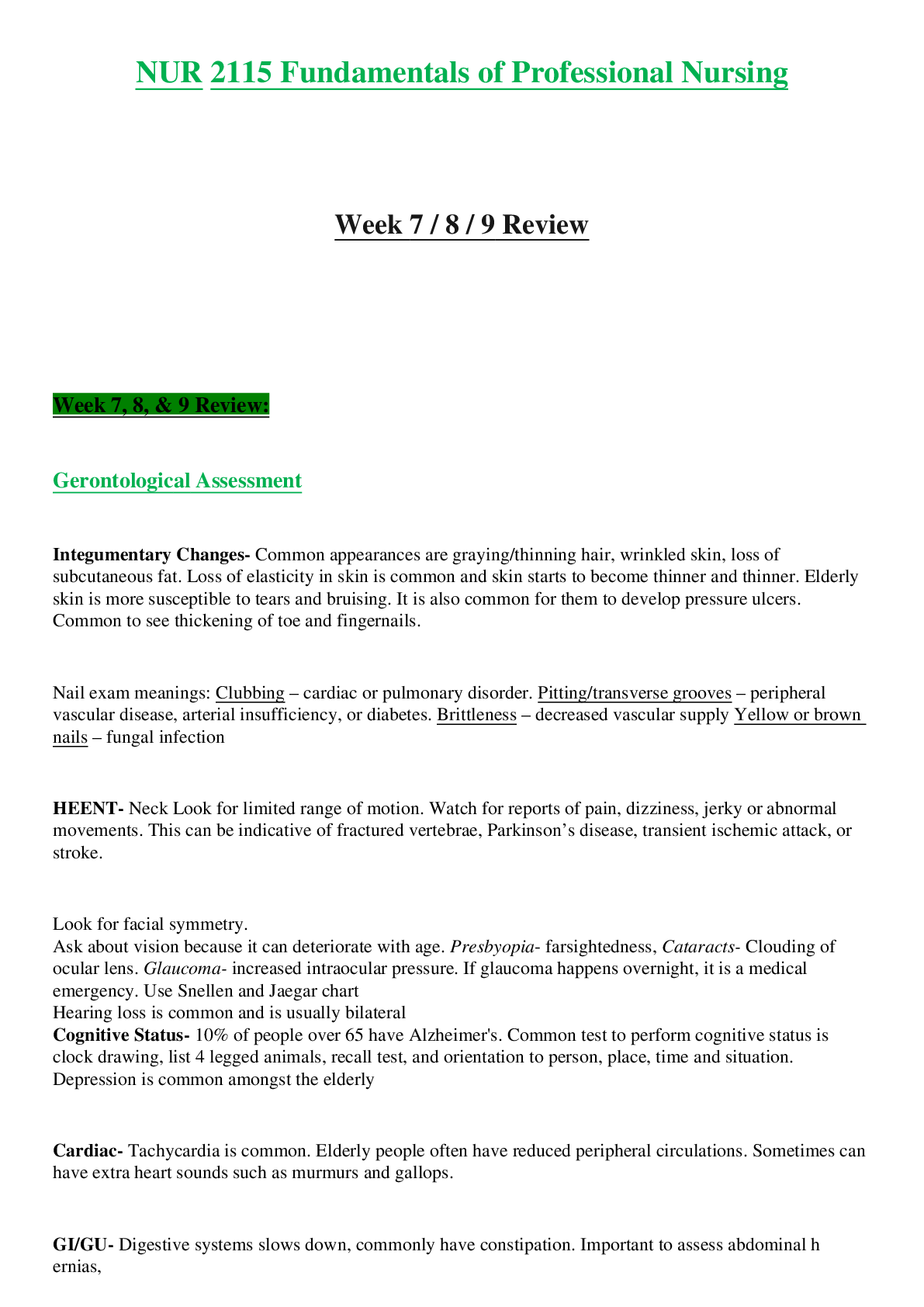*NURSING > STUDY GUIDE > RM Nutrition 4.0 NUTRITION ACROSS THE LIFESPAN chapter 7 (All)
RM Nutrition 4.0 NUTRITION ACROSS THE LIFESPAN chapter 7
Document Content and Description Below
Overview ● Nutritional needs change as clients pass through the stages of the lifespan, reflecting the physiological changes that clients experience. ● Nurses must address nutritional needs acro ... ss the lifespan and have a thorough understanding of how needs change. Nurses should focus on planning and implementing dietary plans that meet clients’ specific needs. ● The major stages of the lifespan that have specific nutritional needs are: ◯ Pregnancy and Lactation ◯ Infancy ◯ Childhood ◯ Adolescence ◯ Adulthood and Older Adulthood PREGNANCY AND LACTATION Overview ● Good nutrition during pregnancy is essential for the health of the unborn child. ● Maternal nutritional demands are increased for the development of the placenta, enlargement of the uterus, formation of amniotic fluid, increase in blood volume, and preparation of the breasts for lactation. ● A daily increase of 340 calories is recommended during the second trimester of pregnancy, and an increase of 452 calories is recommended during the third trimester of pregnancy. ● The nutritional requirements of women who are pregnant or lactating involves more than increased caloric intake. Specific dietary requirements for major nutrients and micronutrients should be taught. Dietary Guidelines During Pregnancy and Lactation ● Achieving an appropriate amount of weight gain during pregnancy prepares a woman for the energy demands of labor and lactation, and contributes to the delivery of a newborn of normal birth weight. NUTRITION ACROSS THE LIFESPAN ● The recommended weight gain during pregnancy varies for each woman depending on her body mass index (BMI) and weight prior to pregnancy. ◯ Recommended weight gain during the first trimester is 2 to 4 lb. ◯ Trimesters 2 and 3: ■ Normal weight client – 1 lb/week for a total of 25 to 35 lb. ■ Underweight client – just more than 1 lb/week for a total of 28 to 40 lb. ■ Overweight client – 0.66 lb/week for a total of 15 to 25 lb. ● Lactating women require an increase in daily caloric intake. If the client is breastfeeding during the postpartum period, an additional daily intake of 330 calories is recommended during the first 6 months, and an additional daily intake of 400 calories is recommended during the second 6 months. Major and Micronutrient Requirements During Pregnancy and Lactation ● Dietary requirements for major nutrients include: ◯ Protein should comprise 20% of the daily total calorie intake. The recommended daily allowance (RDA) for protein during pregnancy is 1.1 g/kg/day. Protein is essential for rapid tissue growth of maternal and fetal structures, amniotic fluid, and extra blood volume. Women who are pregnant should be aware that animal sources of protein might contain large amounts of fats. ◯ Fat should be limited to 30% of total daily calorie intake. ◯ Carbohydrates should comprise 50% of the total daily calorie intake. Ensuring adequate carbohydrate intake allows for protein to be spared and available for the synthesis of fetal tissue. ● The need for most vitamins and minerals increases during pregnancy and lactation. Vitamins are essential for blood formation, the absorption of iron, and the development of fetal tissue. The following table lists the comparative RDAs of major vitamins for women age 19 to 30 during nonpregnancy, pregnancy, and lactation. ............................................................continued..................................................................................... [Show More]
Last updated: 3 years ago
Preview 1 out of 25 pages

Buy this document to get the full access instantly
Instant Download Access after purchase
Buy NowInstant download
We Accept:

Reviews( 0 )
$13.00
Can't find what you want? Try our AI powered Search
Document information
Connected school, study & course
About the document
Uploaded On
Jul 27, 2021
Number of pages
25
Written in
All
Additional information
This document has been written for:
Uploaded
Jul 27, 2021
Downloads
0
Views
143

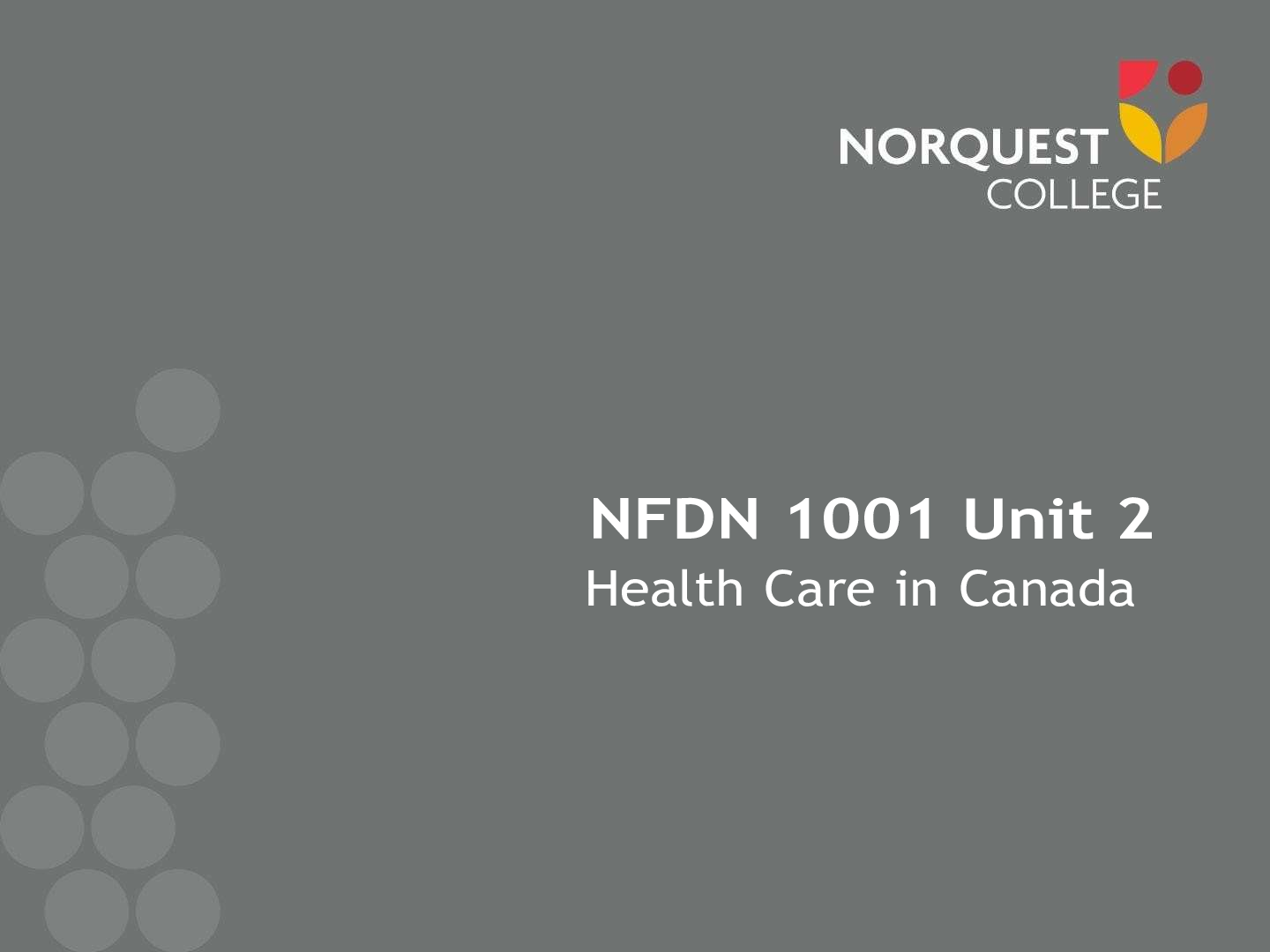


.png)
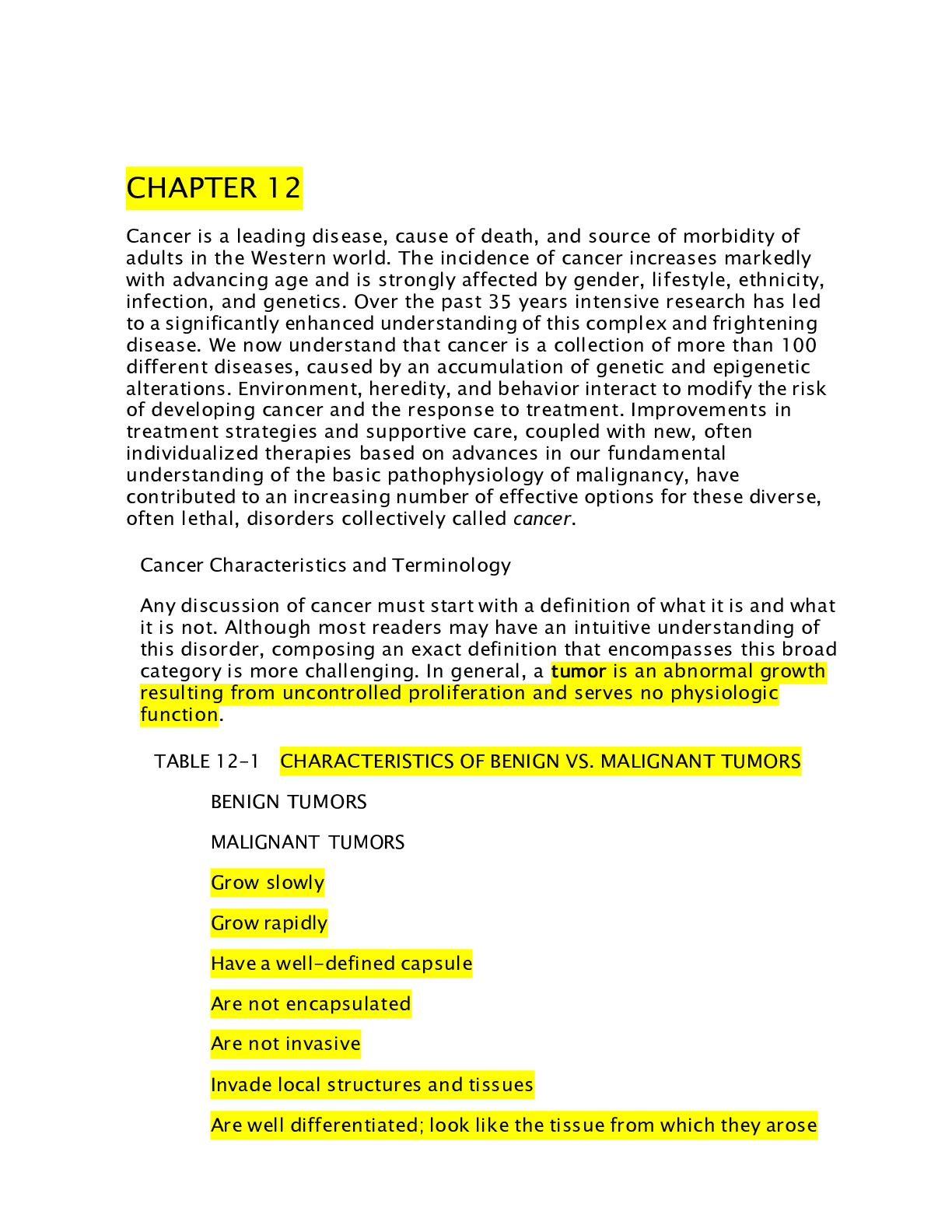

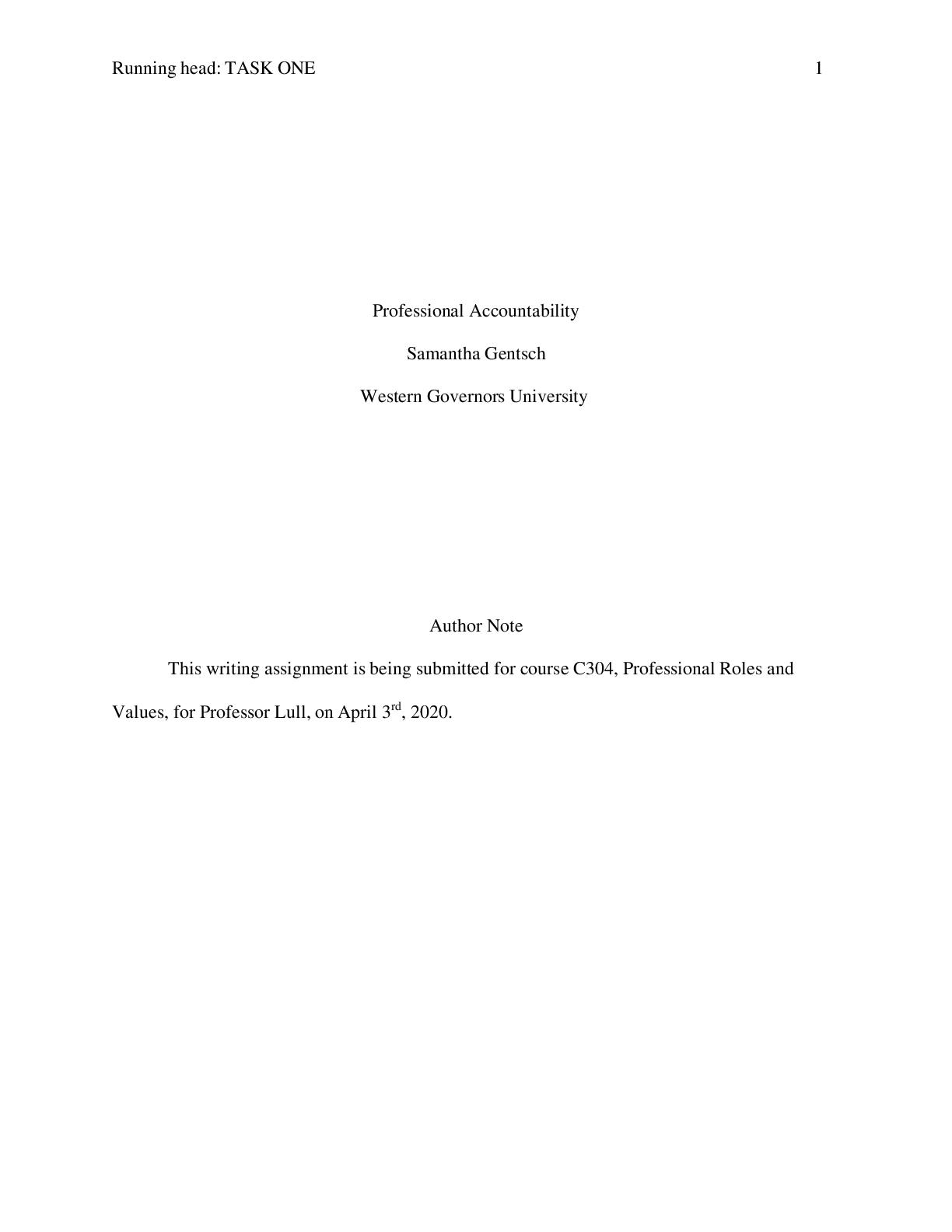
.png)


